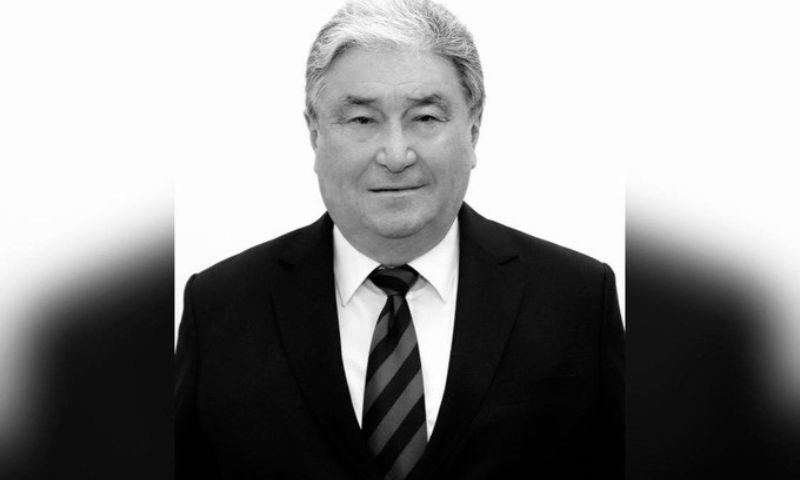Tashkent, 31 August 2024 (TDI): Behzod Yo’ldoshev, a distinguished Uzbek scientist renowned for his contributions to nuclear safety and energy, has passed away at the age of 79.
Yo’ldoshev, who served as the president of the Academy of Sciences of Uzbekistan, was a pivotal figure in Uzbekistan’s efforts to develop nuclear power and was internationally recognized for his work in high-energy physics.
The office of President Shavkat Mirziyoyev confirmed Yo’ldoshev’s death and noted his significant international contributions, including his role as a scientific adviser to the International Atomic Energy Agency (IAEA) in Vienna.
Following his death, President Mirziyoyev visited Yo’ldoshev’s family, where prayers and Quranic recitations were held.
Behzod Yo’ldoshev’s Career
Yo’ldoshev, who earned his PhD at the Joint Institute for Nuclear Research in Russia, also held teaching positions at Stanford University and the University of Washington.
He authored numerous scientific papers on particle and nuclear physics and held over 20 patents related to nuclear applications.
The Uzbek scientific community has expressed profound grief, with the Academy of Sciences calling his passing a significant loss.
Tributes also came from the Department of Astronomy and Astrophysics at the National University of Uzbekistan and Gennady Krasnikov, President of the Russian Academy of Sciences.
Yo’ldoshev played a crucial role in Uzbekistan’s nuclear power ambitions, contributing to the planning and development of a nuclear plant with Russian assistance.
Despite delays, the project received renewed momentum in May when Russian President Vladimir Putin signed a new agreement in Tashkent.
Yo’ldoshev was instrumental in ensuring the plant met IAEA standards and was honored by Russia’s Rosatom agency in 2020 for his contributions.
Also Read More: Uzbekistan-Saudi Arabia: Strengthening historical ties
Throughout his career, Yo’ldoshev was also involved in international non-proliferation efforts, including enhancing research reactor safety and preventing the illicit trafficking of nuclear materials.
He served as director of the Institute of Nuclear Physics at the Academy of Sciences and as a member of parliament.
Farkhund Yousafzai is an Associate Editor at The Diplomatic Insight.



